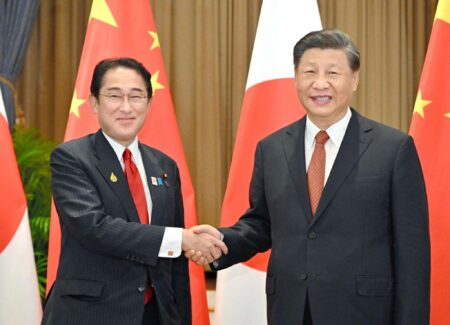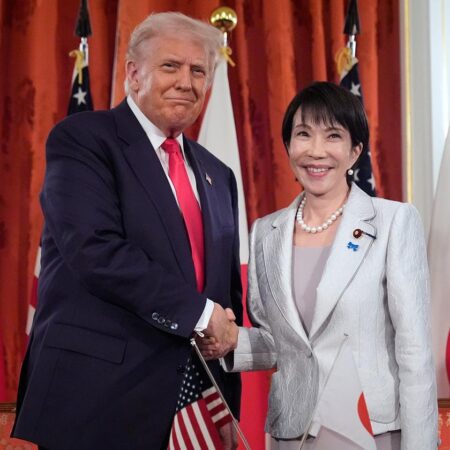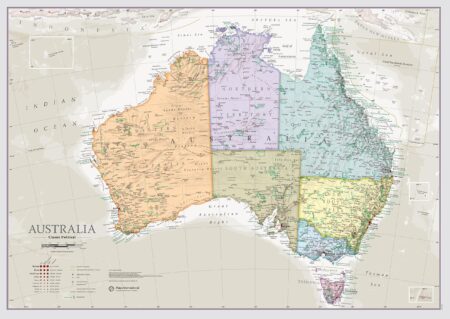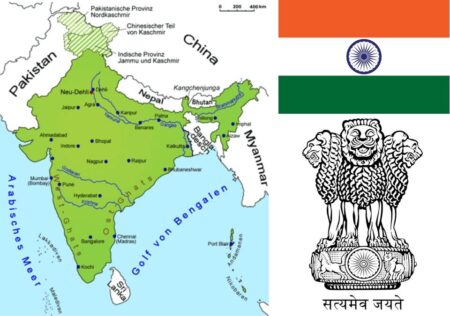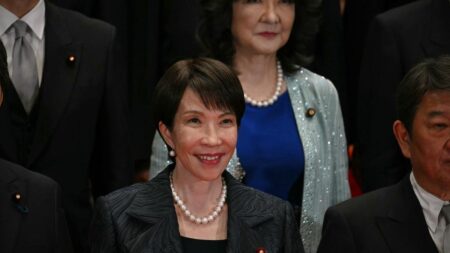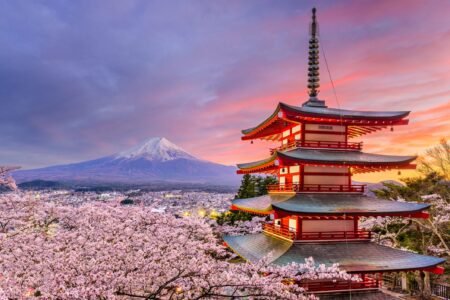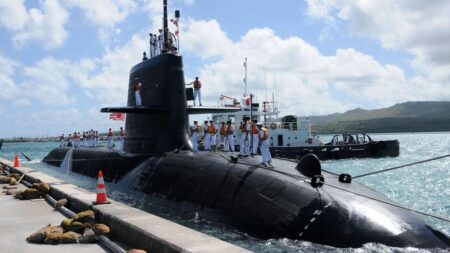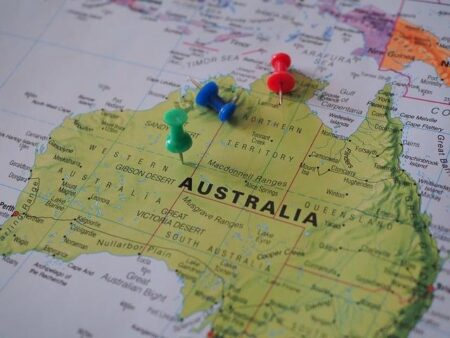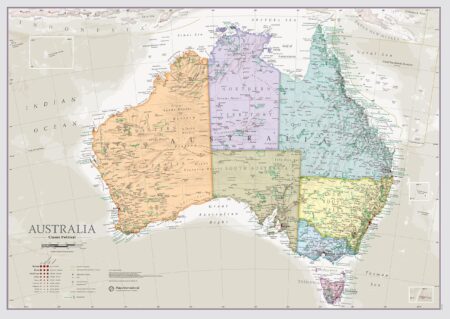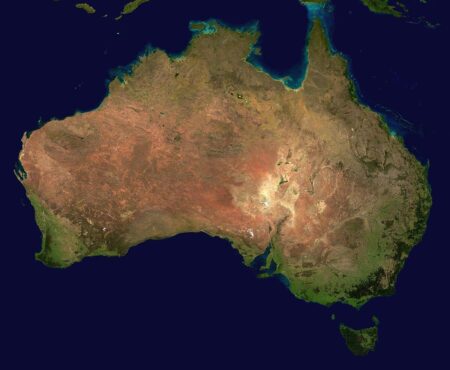Japan is poised to take the spotlight in protecting a free and open Indo-Pacific region. Through forging powerful strategic alliances and enhancing maritime security, Tokyo is resolutely committed to maintaining stability amid rising geopolitical tensions
Browsing: Asia-Pacific
Canada’s Governor Mark Carney and China’s President Xi Jinping have taken a bold step to mend strained diplomatic ties, paving the way for renewed dialogue and deeper collaboration between their nations, Al Jazeera reports
CNN explores the dynamic China-Japan relationship as top leaders meet, highlighting their bold efforts to ease deep-rooted tensions from historic conflicts. This landmark summit focuses on trade, security, and regional stability at a critical moment for East Asia
BREAKING NEWS: President Xi urged Japan’s PM Takaichi to enhance communication between China and Japan, emphasizing that open dialogue is essential for strengthening their bilateral ties, Kyodo News reports
Hegseth highlights that US Forces Japan stands ready to launch the next phase of its strategic reorganization, aimed squarely at countering China’s growing influence. This bold realignment is set to enhance readiness and strengthen regional security amid rising tensions
During a visit aboard a US aircraft carrier in Japan, former President Donald Trump passionately applauded American troops and confidently stood his ground defending his tariff policies, highlighting how they have strengthened national security and driven impressive economic growth
A new report reveals that Australia is finding itself more “increasingly alone” in its battle to counter China’s growing influence across the Pacific, even as rival powers ramp up their aid and diplomatic efforts throughout the region
In Japan and South Korea, President Trump is preparing to unveil bold new investments aimed at strengthening economic ties. However, key details about the size and focus of these initiatives remain unclear, reports AP News
The American Enterprise Institute questions India’s global impact, boldly asking, “Does India even have any cards to play?” This compelling analysis explores India’s distinctive strengths and key challenges amid escalating geopolitical tensions worldwide
New Japan Prime Minister is gearing up to dramatically increase the country’s defense budget, aiming to strengthen security amid escalating regional tensions, reports Barron’s. This bold decision signals a major turning point in Tokyo’s military strategy
Japan’s ongoing challenges with foreign residents highlight profound issues of integration, labor shortages, and cultural barriers. The Diplomat explores how these intricate dynamics are sparking a significant shift in Japan’s immigration policies
Japan has turbocharged its submarine fleet with state-of-the-art stealth technology and formidable new weaponry, dramatically boosting its combat power amid escalating regional tensions. These remarkable enhancements showcase Tokyo’s steadfast commitment to strengthening its maritime defense like never before
Australia is turning up the heat to counter China’s growing influence in the Indo-Pacific, unveiling a bold new strategic plan that boosts defense spending and deepens ties with regional allies-signaling a powerful shift in Canberra’s foreign policy
Australia must adopt bold, unconventional strategies to effectively counter the rising influence of China and Russia, a recent think-tank report reveals. Enhancing cyber defenses and building strong strategic alliances are crucial moves to protect national security amid an increasingly volatile geopolitical climate
Under a potential Takaichi administration, Japan’s Taiwan policy might boldly shift gears, placing greater emphasis on strengthening security and forging closer ties with the U.S. and Taiwan. As regional tensions rise, this signals a move toward a more dynamic and assertive approach in the near future
Australia is steering through challenging economic times as trade tensions with China persist. Amid these strained relations, exports and investments have taken a hit, prompting Canberra to seek out new markets and expand its economic opportunities
Malaysia and China are reportedly joining forces to launch a groundbreaking rare earths processing project, aiming to deepen their collaboration in critical minerals amid major shifts in global supply chains, sources reveal
APAC’s digital asset adoption is skyrocketing, with Japan emerging as the region’s pioneering leader, according to CoinGeek. A wave of excitement around cryptocurrencies and blockchain technology is driving explosive growth across the Asia-Pacific market
Leaked files reveal that Russia is set to train Chinese paratroopers, gearing up for a potential Taiwan invasion, analysts reveal. This move underscores the growing military alliance amid escalating regional tensions
Beijing’s core goals remain clear and deliberate, prioritizing regime stability, robust economic growth, and unwavering sovereignty. Rather than pursuing global dominance, China is concentrating on focused, well-defined objectives that ease concerns about expansionism



